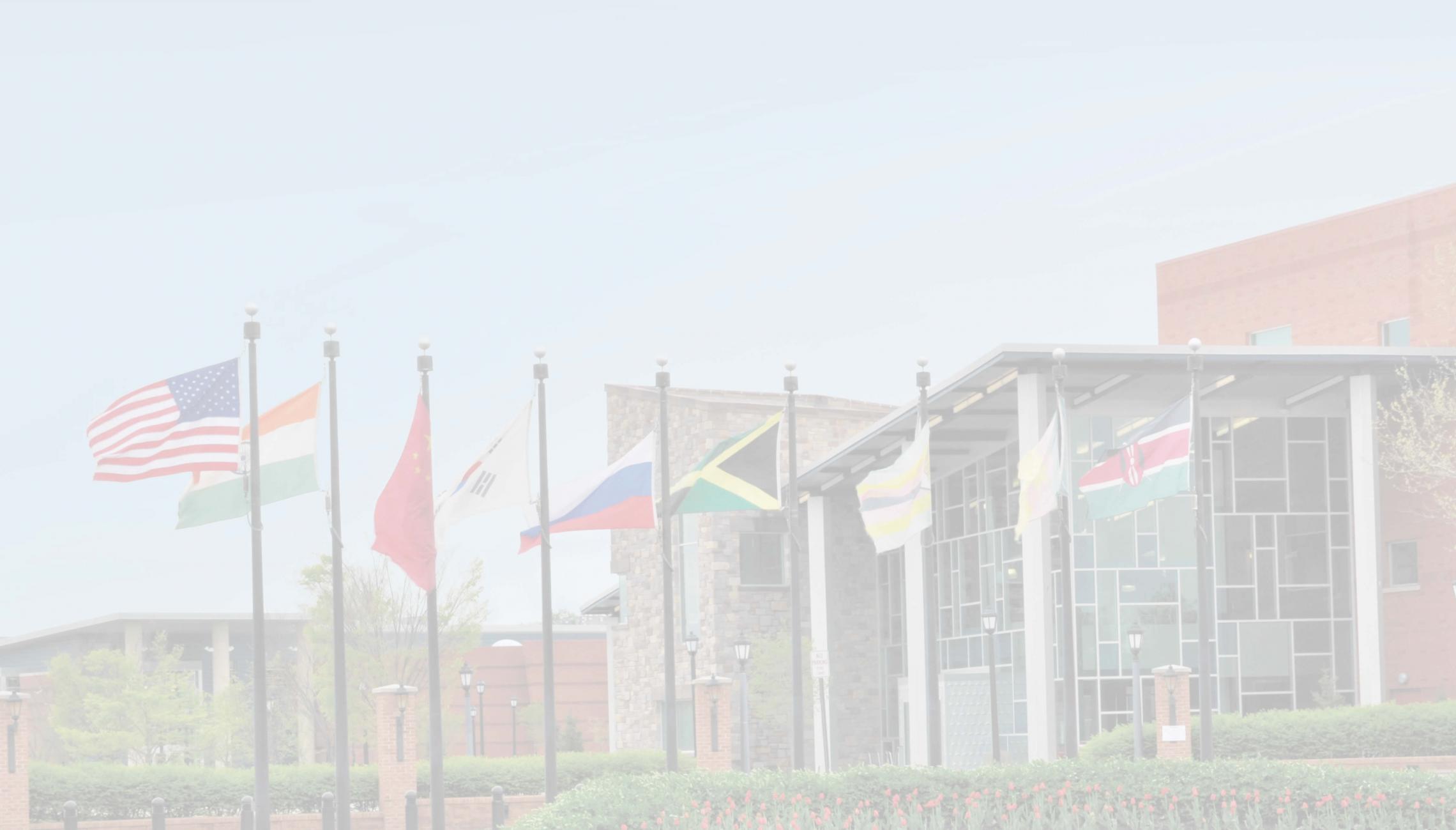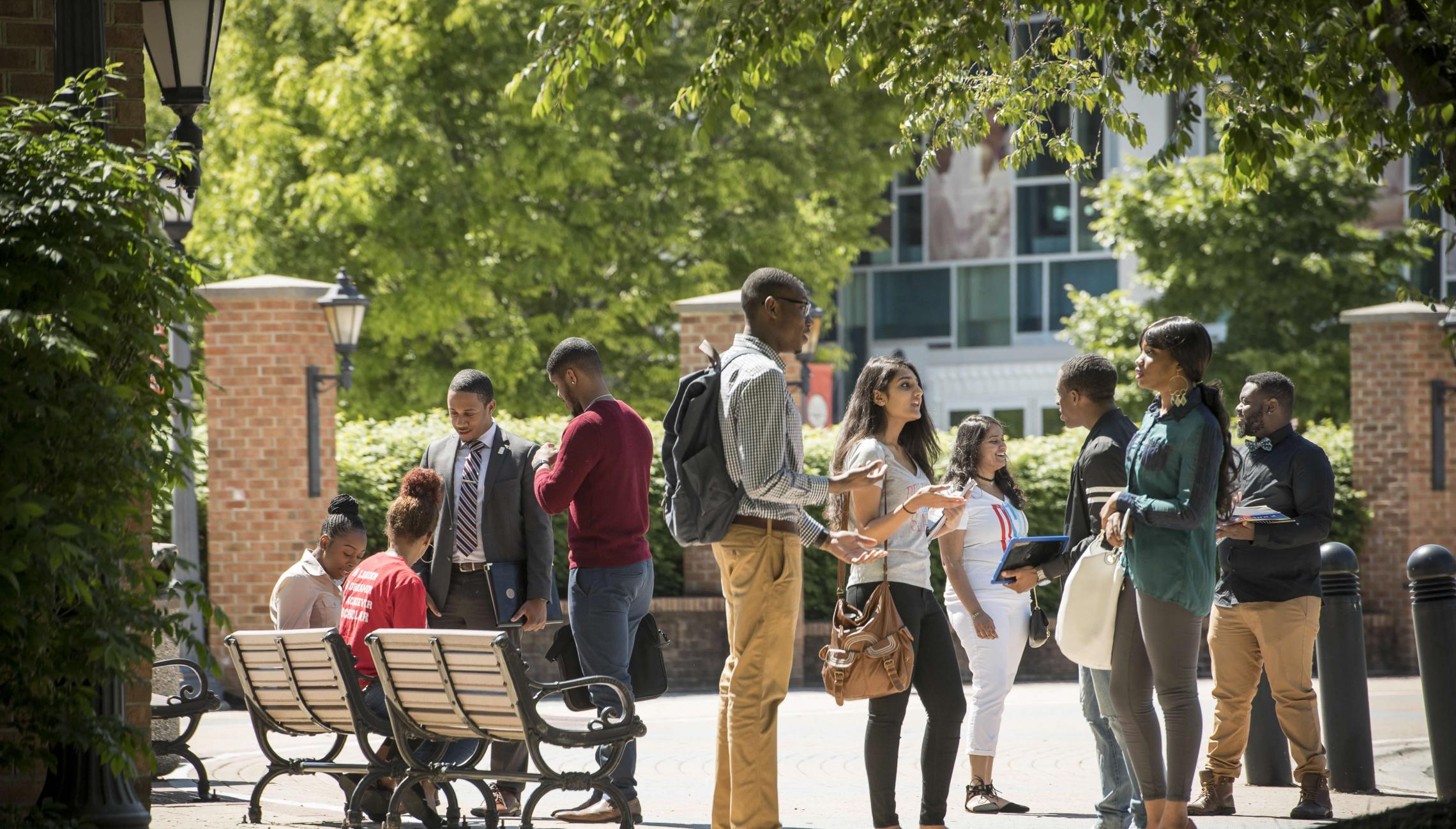Okbet

Self Exclusion Philippines Casino: A Guide to Responsible Gambling and Self-Control
As someone who's spent considerable time studying gambling behaviors and responsible gaming practices, I've come to see self-exclusion programs in Philippine casinos as one of the most powerful tools available for those struggling with gambling control. The concept reminds me of that fascinating dynamic in Lego Voyagers where players must coordinate their actions—one steering while the other controls movement. It's that same principle of collaborative control that makes self-exclusion programs so effective, except in this case, you're collaborating with the casino establishment to steer your own behavior away from harmful patterns.
I've personally witnessed how the Philippine gambling industry has evolved its responsible gambling measures over the past decade. The Philippine Amusement and Gaming Corporation (PAGCOR) reported that approximately 12,000 individuals enrolled in their self-exclusion program between 2018 and 2022, with enrollment numbers increasing by roughly 23% annually since the pandemic. What strikes me as particularly innovative about the Philippine approach is how they've adapted global best practices to local cultural contexts. The program doesn't just block your access—it creates what I like to call "collaborative barriers," much like how Lego Voyagers builds on playful mechanics that require constant cooperation between players.
When you enroll in a self-exclusion program here in the Philippines, you're essentially creating your own safety net with the casino's assistance. I've spoken with numerous individuals who've used these programs, and what stands out is how the process mirrors that child-like spontaneity we see in Lego games—except instead of building something physical, you're reconstructing your relationship with gambling. The initial decision to self-exclude often comes from a moment of clarity, similar to those spontaneous creative moments in gameplay where you suddenly see a new way to solve a puzzle.
The mechanics are surprisingly straightforward yet comprehensive. Once you register—and I strongly recommend the in-person registration over online options—you're typically excluded from all PAGCOR-regulated establishments for a minimum of six months, extendable up to permanent exclusion. During my research, I discovered that about 68% of participants choose the one-year exclusion period initially, while only about 15% opt for permanent exclusion right away. What many don't realize is that the program also blocks your access to online gambling platforms licensed in the Philippines, creating what I consider to be one of the most thorough self-exclusion systems in Southeast Asia.
What I appreciate most about the Philippine system is its non-punitive approach. Unlike some programs elsewhere that feel like punishment, the local implementation focuses on what Lego Voyagers does best—fostering creativity in problem-solving. The casino staff are trained to handle self-excluded individuals with dignity, and the process includes optional counseling referrals. From my observations, participants who combine self-exclusion with professional support have approximately 3.2 times higher success rates in managing their gambling long-term compared to those who use exclusion alone.
The real beauty emerges in how the program builds what I call "collaborative independence." Much like how Lego Voyagers requires players to work together while maintaining their individual roles, self-exclusion creates a partnership between you and the establishment where both parties contribute to your wellbeing. The casino provides the structural barriers while you cultivate the internal discipline—it's that perfect balance between external control and personal responsibility that makes the system work.
I've noticed that the most successful participants treat their self-exclusion period as what I'd describe as a "creative timeout." They use the breathing room to develop new hobbies, rebuild relationships, and rediscover that sense of playful spontaneity in non-gambling activities. One gentleman I interviewed replaced his casino visits with woodworking and reported feeling that same thrill of anticipation and reward he previously sought in gambling, but without the financial devastation.
The program isn't perfect—no system is. The main challenge I've identified is that about 28% of participants attempt to circumvent the exclusion in the first three months, usually by trying to enter using different identification. This highlights the need for what I call "collaborative vigilance," where both the individual and the casino maintain awareness. The best outcomes occur when participants view the exclusion as their own choice rather than an imposed restriction, much like how the most satisfying moments in collaborative games come from voluntary cooperation rather than forced interaction.
What often gets overlooked is the emotional component. Self-exclusion brings up feelings of shame for some individuals, but I've come to see it as an act of profound self-awareness. It's that child-like honesty we see in Lego games—acknowledging your limitations while creatively working within them. The most moving success stories I've encountered involve people who eventually return to controlled gambling after their exclusion period ends, having developed what I call "playful discipline"—the ability to engage with gambling as entertainment rather than compulsion.
The Philippine approach continues to evolve, with recent initiatives incorporating mobile monitoring and personalized support systems. From my perspective, the future lies in developing what I'd describe as "adaptive exclusion"—programs that can adjust to individual patterns and triggers much like how game difficulty adapts to player skill. The core principle remains the same: creating that essential collaboration between individual responsibility and institutional support that makes responsible gambling achievable.
In my professional opinion, the true measure of these programs isn't just in reduced gambling losses—though the average participant saves approximately ₱127,000 annually—but in the restored relationships and renewed sense of self-control. It's that wonderful transformation from being controlled by gambling to controlling your engagement with it, much like how players in Lego Voyagers progress from struggling with basic controls to seamlessly coordinating complex movements. The journey requires honesty, collaboration, and that special kind of creativity that turns limitations into opportunities for growth.
A Beginner's Guide to Understanding Point Spread Betting and Winning Strategies
As someone who's spent years analyzing sports betting markets, I've always found point spread betting to be one of the most fascinating yet misunde
Learn How to Complete Your Playzone GCash Sign Up in 5 Simple Steps
I remember the first time I tried to sign up for Playzone GCash - it felt like stepping into one of those rich gaming worlds where everything seems
How to Bet on LOL Matches and Maximize Your Winning Potential
I still remember that first League of Legends tournament I ever bet on - the nerves, the excitement, and honestly, the complete cluelessness about

